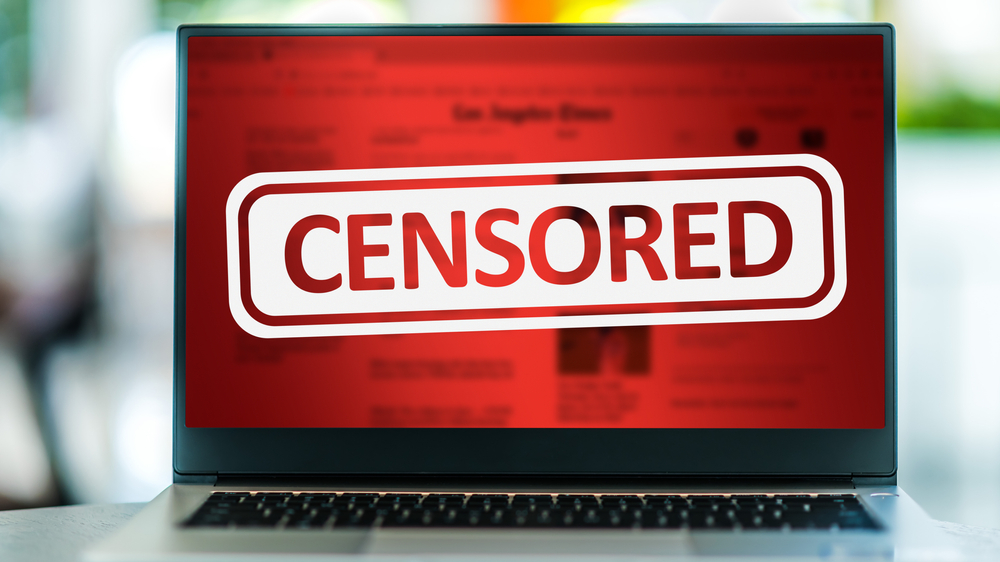Universities and colleges must make more efforts to protect the autonomous position of their journalistic magazines. This demand was made in a statement published by journalist associations NVJ and VWN on Tuesday.
The NVJ and VWN see a ‘worrying trend towards censorship’ in college and university media and call on universities and colleges to increase their efforts to ensure the magazines’ independence through, among others, a proper editorial statute and independent journalistic advisory board.
University media are largely funded by educational institutes, who thus fund their own watchdogs. That dependence on funding may well prompt (self) censorship if journalistic independence is not sufficiently guaranteed. n
‘The room to leverage that university media have is too dependent on the administration’s leniency’, says Resource editor-in-chief in his position as chair of the Circle of Editors in Chief. The Circle is a collaboration of all journalistic media within universities and university colleges. ‘We must stop this.’ Andrée is one of the panel members in the public debate organised by the NVJ and the NVW on this issue.
Incidents
The petition and the debate stem from a number of incidents. The Cursor editors – the TU/Eindhoven equivalent of Resource, for example, turned their website black in protest against the firing of their editor-in-chief and the truncation of their editorial freedom. Science Guide was threatened with funding problems following disagreements with universities on content issues. More recently, Rotterdam University College journalistic magazine Profielen was made part of the Marketing and Communication department. ‘Basically, not a good sign’, the chief editor states in Trouw. ‘The medium’s independence is already vulnerable.’
Well-known examples of how university media serve as guard dogs are the disclosures in Delta on how the TU Delft unintentionally helped the Chinese army and by Mare on the Leiden University board’s failure to address scientific malpractices. A little closer to home, the article How ‘reliable’ disappeared from a nitrogen report provides an excellent example of Resource’s investigation into political influence in science.

 Protect editors from pressure to alter or retract unwelcome publications, say journalist associations. Photo Shutterstock
Protect editors from pressure to alter or retract unwelcome publications, say journalist associations. Photo Shutterstock